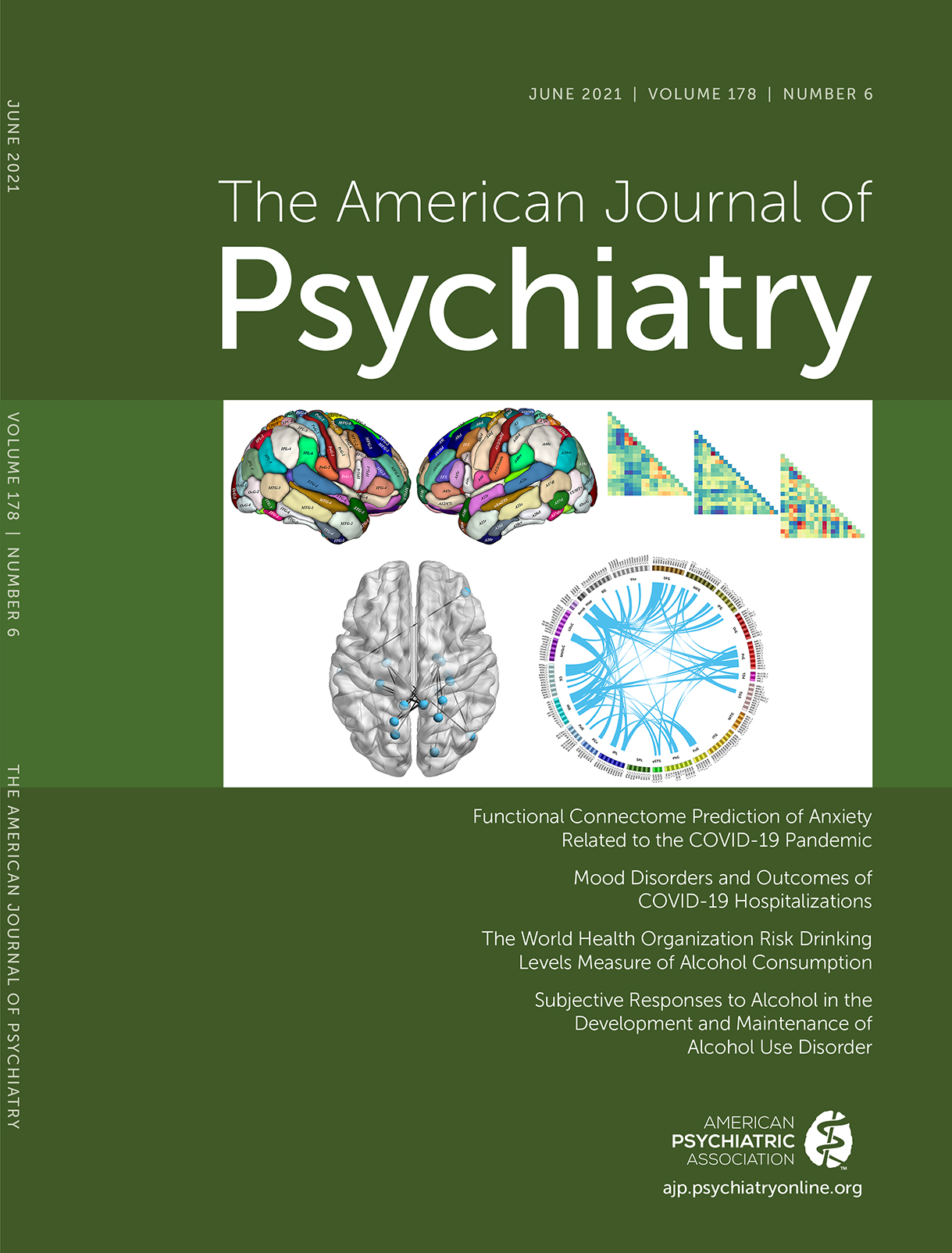Mood Disorders and Outcomes of COVID-19 Hospitalizations
Abstract
Objective:
The authors sought to characterize the association between prior mood disorder diagnosis and hospital outcomes among individuals admitted with COVID-19 to six Eastern Massachusetts hospitals.
Methods:
A retrospective cohort was drawn from the electronic health records of two academic medical centers and four community hospitals between February 15 and May 24, 2020. Associations between history of mood disorder and in-hospital mortality and hospital discharge home were examined using regression models among any hospitalized patients with positive tests for severe acute respiratory syndrome coronavirus 2 (SARS-CoV-2).
Results:
Among 2,988 admitted individuals, 717 (24.0%) had a prior mood disorder diagnosis. In Cox regression models adjusted for age, sex, and hospital site, presence of a mood disorder prior to admission was associated with greater in-hospital mortality risk beyond hospital day 12 (crude hazard ratio=2.156, 95% CI=1.540, 3.020; fully adjusted hazard ratio=1.540, 95% CI=1.054, 2.250). A mood disorder diagnosis was also associated with greater likelihood of discharge to a skilled nursing facility or other rehabilitation facility rather than home (crude odds ratio=2.035, 95% CI=1.661, 2.493; fully adjusted odds ratio=1.504, 95% CI=1.132, 1.999).
Conclusions:
Hospitalized individuals with a history of mood disorder may be at risk for greater COVID-19 morbidity and mortality and are at increased risk of need for postacute care. Further studies should investigate the mechanism by which these disorders may confer elevated risk.



